Kids living with addicted parents often feel scared, confused, or alone. You might worry about their safety, their future, or how they’re coping. It’s hard to know what to say or do, especially when you’re trying to hold everything together yourself. But your support can make a real difference. Small steps can help kids feel more stable and less overwhelmed. You don’t need to have all the answers—you just need to show up and keep trying. We’ll break down what helps, what hurts, and how to get real support. If their parent is open to help, there are addiction treatment centers in West Virginia that work with families. Healing is possible. And it often starts with someone like you—someone who cares enough to look for answers and take action.
Understanding the Impact of Addiction on Children
Kids living with an addicted parent carry more stress than most adults realize. They may act out, become withdrawn, or struggle in school. Many live in survival mode. Their brains are wired to watch for danger, not to focus on learning or socializing. That kind of stress can follow them for years. How does having an addict parent affect a child?
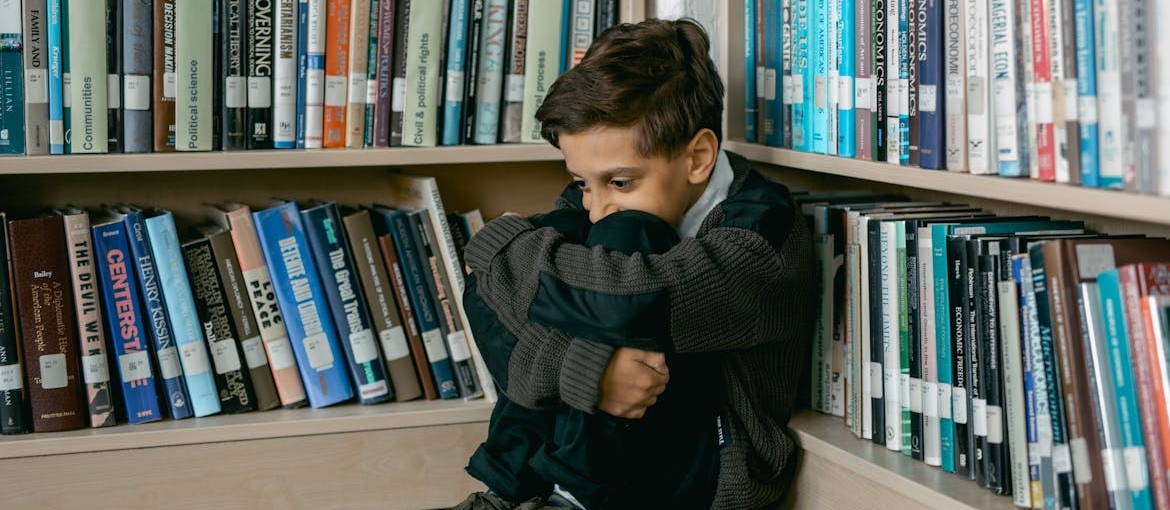
It can impact everything—trust, relationships, and mental health. They may blame themselves, even if no one says it’s their fault. These kids need safe adults to guide them. Drug addiction parenting creates instability, but consistent support can protect children from long-term harm. You don’t need to be perfect. Just be steady, patient, and honest. These kids notice who shows up and who doesn’t. That alone can change how they heal.
How to Create a Safe and Stable Environment
Kids need structure when life feels out of control. Living with addicted parents often means daily stress and confusion. You can’t remove every problem, but you can help build stability. That starts with small, daily actions that give kids something to count on. This section breaks down what helps: keeping a routine, limiting what kids are exposed to, and helping them feel safe—even if their world still feels messy.
Setting Consistent Routines for Children of Addicted Parents
Kids in homes with addicted parents rarely know what to expect. That creates fear, even if no one talks about it. Simple routines can bring a sense of safety. Breakfast at the same time. A bedtime that sticks. Even a five-minute daily check-in matters. These routines don’t fix addiction, but they give kids a small sense of control. If you’re close to the family, step in where you can.
Teachers, grandparents, and neighbors often fill the gap. If the parent seeks help, structure at home becomes easier. An alcohol rehab new Lexington OH residents trust may also guide families on building better routines. Keep the routine simple and realistic. You don’t need perfection. You just need something the child can count on. Every small act tells them, “You’re not alone.”
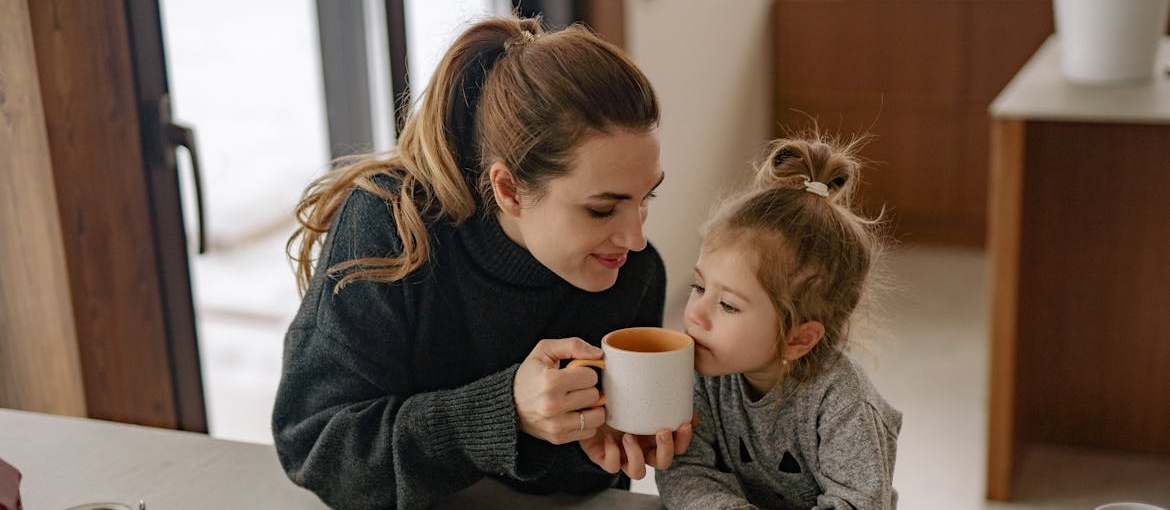
Reducing Exposure to Drug or Alcohol Use at Home
Watching drug or alcohol use at home changes how a child sees the world. Kids may stop feeling safe in their own space. That stress shows up later—as anxiety, aggression, or shutting down. Removing drug use from shared spaces matters more than people think. Parents addicted to drugs often don’t realize what kids absorb. Talking about this can feel awkward, but it helps.
If the parent is open to change, support them in getting help. Residential treatment facilities in WV may offer space away from triggers and time to recover. Keeping drugs or alcohol out of sight is a good start. Lock up medications. Don’t use in front of kids. These small actions protect them and show that someone still cares. Kids watch everything. What they see teaches them what’s normal.
Teaching Kids How to Feel Safe and Supported
Even in chaos, kids can feel supported if someone shows up and listens. They need to know they’re allowed to feel what they feel. Guilt, fear, shame—it’s all common. You can help just by being steady. Sit with them. Answer their questions honestly, but in a way they can understand. Remind them that their parent’s addiction is not their fault. Show them other adults can be safe.
If they ask hard questions, take your time. There’s no perfect script. Just speak with care. Kids growing up with addicted parents often blame themselves. Don’t let them carry that weight alone. Teach them how to ask for help. Offer calm, not judgment. And if needed, find support for parents of addicts too. When kids feel backed up, they feel less alone—no matter what else is going on.
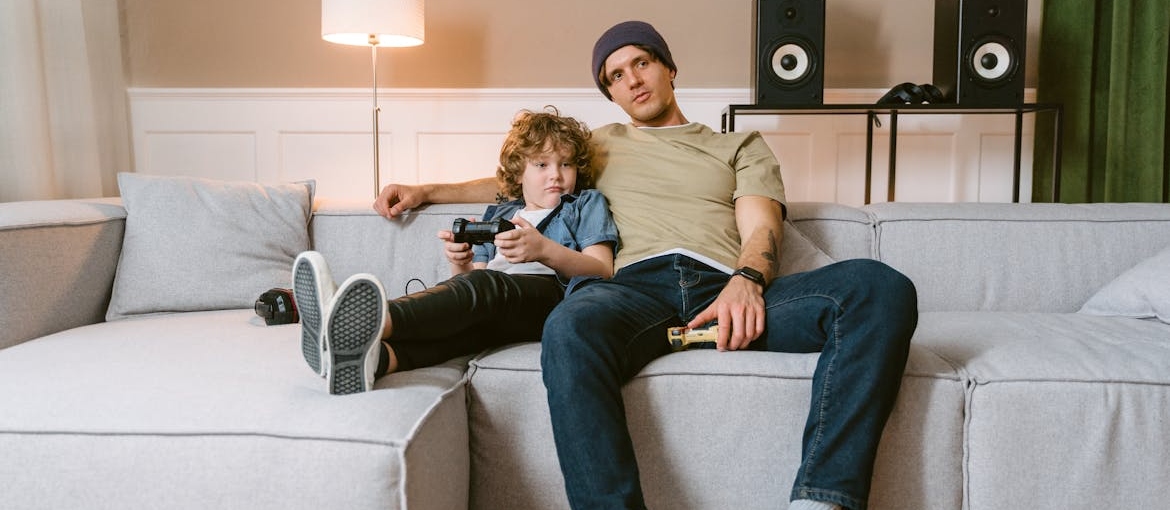
Communication Strategies That Help Kids Cope
Talking to kids about addiction is hard. But silence makes things worse. They sense what’s happening even if no one explains it. How to talk to children about a parent’s time in rehab matters more than people think. Kids often don’t know how to talk about addiction, but the way you respond can shape how they heal. These simple approaches help kids feel heard and supported:
- Listening without judgment: Let kids speak freely and openly.
- Naming feelings: Help them identify what they feel.
- Being honest: Share basic truths without scary details.
- Validating emotions: Tell them their feelings are okay.
- Repeating key ideas: Say it often—they are not at fault.
Finding Mental Health Support for the Child
Kids don’t always know how to ask for help. Some act fine even when they’re not. Others seem angry or closed off. Therapy can lower anxiety, help with focus, and reduce long-term effects. Some kids open up better in groups. Group therapy for addiction can also help them feel less alone. Don’t wait for a child to “break down.”. Help for parents of addicts often starts with getting help for the kids, too. Here are common ways to help kids access mental health care:
- School counselors: First point of contact in many cases.
- Child therapists: Specialize in trauma and family stress.
- Family therapy: Helps everyone talk and heal together.
- Support groups: Kids learn they’re not alone.
- Pediatrician referrals: Trusted source for therapy options.
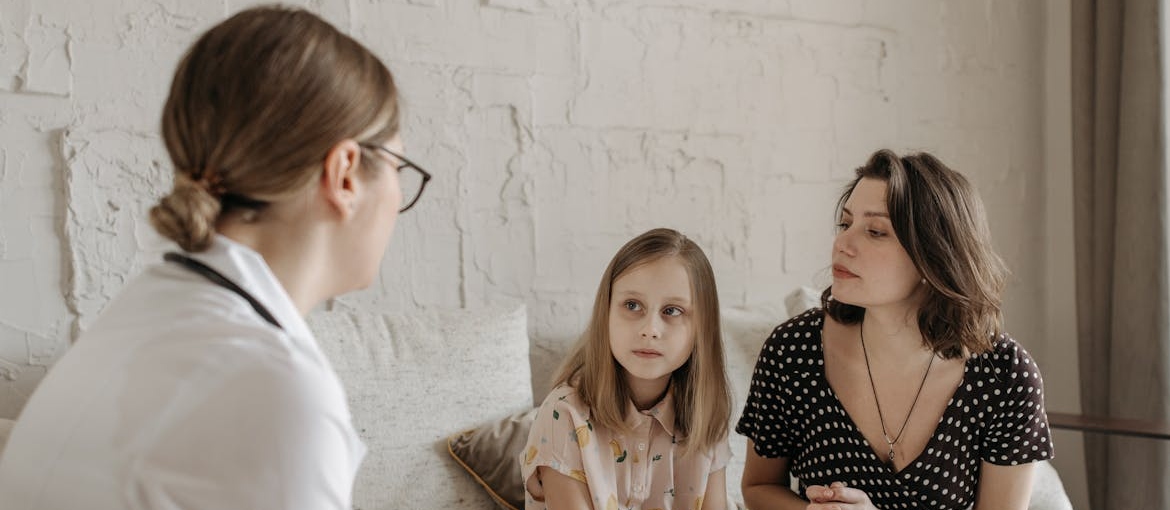
Getting Rehab Help for the Parent
Addiction can affect every part of a family’s life. The child, the parent, and everyone in between feels the strain. If the parent wants help, don’t wait. This section focuses on how to start that process—how to talk about it, how to find treatment, and how that choice can help everyone, not just the person using. Recovery isn’t easy, but it can rebuild broken trust and help a child finally feel safe again.
How to Talk to Addicted Parents About Rehab
Starting a conversation with addicted parents is hard. Many feel ashamed, angry, or lost. Some shut down completely. Still, try. Focus on the child, not blame. Say what you’ve seen. Keep your voice calm. Let them know their child needs them to be healthy. Don’t argue. Offer real options. Mention places that feel safe. If they served, mention a drug rehab for veterans—some feel more open with peers.
Use words of encouragement for parents of drug addicts who feel hopeless. Remind them they still matter to their child. Even small steps help. Ask if they want help finding a place. If not, check back later. Every word counts, even if they don’t respond right away. This isn’t about control—it’s about giving them a reason to choose help.
Finding the Right Addiction Treatment Program
Not all programs work for everyone. Look for one that fits the parent’s needs and situation. Some parents need short-term help. Others may need more time away to get clear. Some places accept insurance plans like PEIA insurance rehab coverage, which makes treatment possible when money is tight. Look for options that understand parenting and addiction.
Can addicts be good parents? Yes, when they get help and have support. Kids need parents who are present, and treatment is one way to get there. Ask the parent what they’re afraid of. Do they worry about losing the child? Talk through it with calm facts. Help them weigh the risks of not getting help. The right treatment can open a door back to the child. That door is worth fighting for.

Why Parental Rehab Can Help the Whole Family Heal
Addiction doesn’t just affect one person. Everyone in the family ends up hurt. But when a parent enters rehab, healing becomes possible. Kids see that people can change. Trust can start to grow again. Programs that offer family therapy for addiction help the child, too. Kids get to ask questions, learn new ways to cope, and stop feeling invisible.
Even if trust takes time, this is the first step. Don’t expect perfection. But do celebrate progress. Help for parents of drug addicts doesn’t stop at detox. Recovery is a long road, but kids deserve to walk it with a parent who’s trying. Keep showing up. Keep connecting them with support. Every action tells the child, “You matter.” And that’s something they carry long after the rehab stay ends.
Building a Support Network Around the Child
No child should face addiction in the home alone. Kids need help with protecting their mental wellbeing. Parents may be unavailable. That’s where relatives, teachers, and neighbors can help. When kids have someone to call, someone to tell the truth to, it makes a difference. How to deal with addicted parents often starts with building this support web. It’s not one person doing everything—it’s many people doing what they can. One safe adult can change a child’s life. A strong support system gives kids more places to turn when home doesn’t feel safe:
- Extended family: Grandparents, aunts, and uncles can provide backup.
- School staff: Teachers and counselors often notice first.
- Trusted neighbors: Help keep an eye on the child.
- Mentors or coaches: Build self-worth and stability.
- Family friends: Sometimes feel safer than relatives.
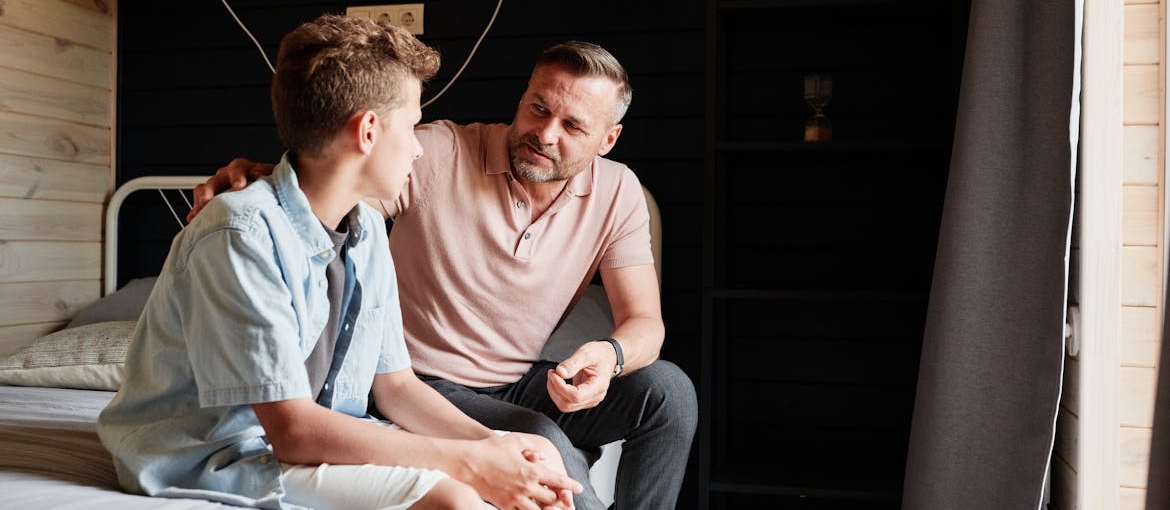
Helping Kids Understand They’re Not to Blame
Kids almost always blame themselves when a parent struggles with addiction. They may think, “If I were better, this wouldn’t happen.” That belief can stay with them for life. It’s not true—but no one may have told them that. Say it out loud. Say it often. Tell them addiction is a health issue, not a punishment or personal failure.
Use simple words. Keep your tone calm. Repeat the message often, even if they don’t respond. When they believe they’re not at fault, they start to feel stronger. Give examples. Let them talk through it. Help them separate their identity from the chaos around them. Help for parents of drug addicts should include tools for explaining this clearly to the kids. Words matter, especially when they come from someone who’s consistent.
Supporting Kids Starts With You
Kids with addicted parents carry more than most people realize. They need support, structure, and someone who shows up. You don’t have to fix everything overnight. But you can start with one thing—maybe listening, maybe helping them talk to someone, or maybe just keeping their world steady. Every step matters. If the parent is ready for help, that can shift everything too. Support for kids and recovery for adults can work together. Don’t wait for the “perfect time.” It rarely shows up. What matters is helping kids feel safer now. They didn’t choose this, but they don’t have to go through it alone. Keep looking for the tools and support they need. Your role matters more than you might think—especially for children living with addicted parents who need someone steady on their side.



